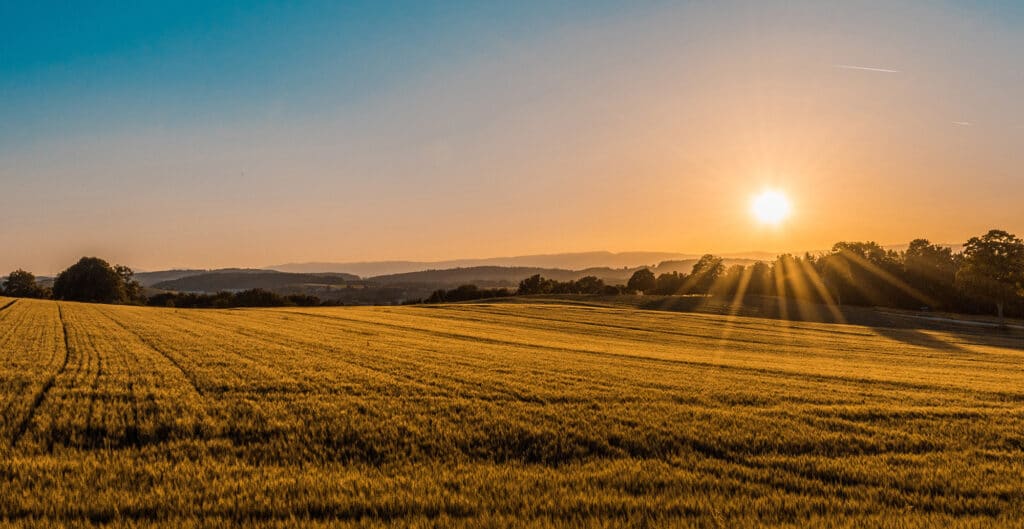Source: Peter Johnston, The Coversation, 12 November 2019, photo credit: UCT News
The impact of climate change on agriculture will affect food supplies.
There’s an assumption in the agricultural industry that the yields and prices of crops will vary according to local conditions as well as supply and demand in local and international markets. As a result, farmers understand that not every year will be profitable but over the long run, all things being equal, the good years should outnumber the bad.
But is climate variability and risk changing?
The answer is yes. Scientific evidence which has become more robust over the past decade points increasingly to this reality.
So, what is changing and what can be done about it?
Our mission is to share knowledge and inform decisions.
Climate risk and climate resilience both need to be considered. If climate risk is increasing, resilience must be built up through measured and effective responses.
The most important climate change risk is increased temperature. This affects rainfall and seasonal patterns on a global scale. It also affects plants’ phenological growth (phases in the plant’s development which require certain thresholds of sunlight, heat and moisture) and physical growth, as well as animal growth and exposure to pests and diseases. Ultimately it contributes directly to yield.
Read more
The South African Pork Producers’ Organisation (SAPPO) coordinates industry interventions and collaboratively manages risks in the value chain to enable the sustainability and profitability of pork producers in South Africa.







